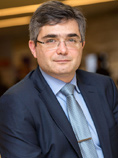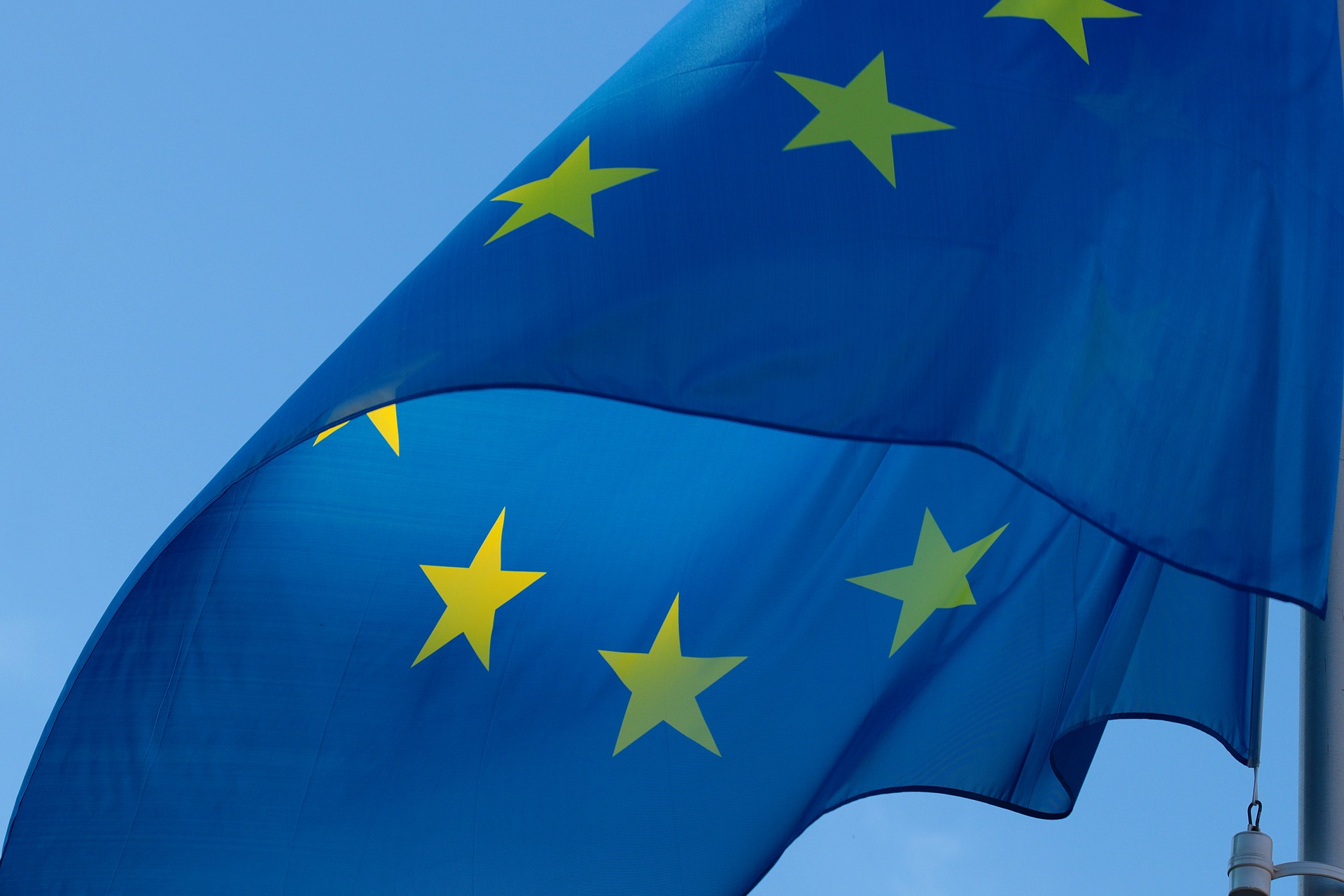Will this summer see a new Europe or the return to the “good old continent”? What are the challenges for our profession and our clients?
It will not have been easy but finally, Ursula von der Leyen was elected as head of the Commission and Christine Lagarde took the lead at the ECB, leading some commentators speaking about a new Europe.
But beyond the symbolism represented by these two nominations, should we anticipate a real renewal of the European Union – and what can we, as professionals, and our clients expect from the new team?
Our continent bears both the name of a Phoenician princess first loved by Zeus, and then given by him to another, and that of an icy moon of Jupiter. Will our new leaders prevent us from ending up as an abandoned and forgotten land of the Gods and bring us, after Brexit, to – at least economically – equal play with the other great powers?
What should we expect? A change in European policy and strategy or an extension of the one already implemented?
An analysis of the past 5 main leaders of the Union and the President of ECON, the commission which mostly deals with the subjects which concern us, is quite instructive.
While the new President of the Commission is a heavyweight of the German CDU, 3 times Federal Minister and, at times, imagined as being able to take over from the Chancellor, the Governor of the ECB is well known to have been a great advocate, as well as one of the most robust French Ministers of Economy and nothing less than Director General of the IMF.
Regarding the 3 men who complete the management team, we find Charles Michel. The former Belgian Prime Minister who was able to form and run a government in a country in the midst of a political crisis becomes the President of the Council, that is to say the “chamber” made up of the representatives of the Governments. Josep Borrell, a Catalan ex-Spanish Foreign Minister who has the distinction of also being Argentinean takes over our diplomacy. Finally, David-Maria Sassoli takes the Presidency of the Parliament; he is a former Italian journalist, classified between moderate socialism and the centre right, known to be a “facilitator” of trade.
With regards to the financial institutions of the Union, the ECON will be chaired by Roberto Gualtieri, an Italian socialist, historian by trade, who is involved in exchanges and negotiations with Latin America and, particularly, Brazil.
The 3 ESAs (the high-level EU regulators for Banking, Finance and Insurance) and the DG FISMA (Directorate for Stability and Financial Services), have not, for now, changed their leaders. They are presently headed up by Dutch, Spanish, Portuguese and French individuals.
What conclusions can we draw from the reorganisation?
First of all, it is not a reorganisation of substance!
Although some of the people have changed, the main civil servants are not, or not yet, concerned.
The policies are very new, even for 4 of them, who are “heavyweights” in their respective countries, often with major international expertise. However, they represent traditional, pro-European and even classic parties.
There is probably no inflexion of policy and logic to be expected with regards to the European project itself and what concerns us in the foreground, the internal market. The rise of new parties, anti-European or those with a wish for a different Europe will probably not have major consequences in the short term.
On the other hand, it is at the international level that the message and the claims of the Union seem very different. The newly established personalities seem to have been chosen for their connections and particularly good knowledge of other countries and cultures.
Overall it seems obvious to me that if the style can change, it will only be necessary to rely on the quality and personal perception of these leaders to open up new voices or think about new ways of doing things, but that in any case, the direction followed will remain the same.
So we should remember the programme that was announced to us: to begin with, there is the plan to revise the PRIIPS Regulation at the margin, since some of our opinions, which were not heard at the time, have ended up appearing as obvious corrections to make. Of course, the banking union project will still progress. Finally, more specifically in relation to our professions and our offerings to clients, the Capital Markets Union and all related projects such as PEPP, financial education, digitalisation of finance and savings, alternative financing methods and regulation, although very advanced, are yet to be completed and were recently announced as priorities.
The programme promises to be loaded and the stakes for both our members and their clients are considerable.
Of course, all the leaders and representatives of FECIF’s member organisations and the entire executive board team, will continue to carry the voice of our advisors and intermediaries and we will aim to organise, from September, a series of meetings with the new personalities in charge of, or important to, our sector.
Before then, I wish a very good month of August to all.
 David Charlet
David Charlet
FECIF Chairman


